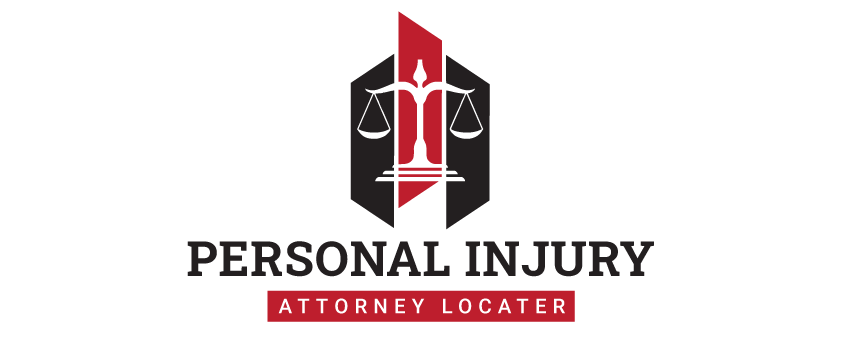Personal Injury Claims and Negligence
0
When your injury is the fault of another’s negligence or recklessness, you are eligible for financial compensation to cover medical expenses, lost wages and pain and suffering.
To bring a successful claim, you must be able to demonstrate several elements. First and foremost, you must establish negligence.
Negligence
Negligence is a legal concept that applies to most personal injury cases. It stems from the idea that everyone has an obligation to exercise reasonable caution in order to prevent harming others.
In order to receive damages in a negligence case, you must prove they breached their duty of care and caused your injuries. This requires meeting the “reasonable person test,” an established legal standard.
The reasonable person test examines how an ordinary person would have acted in similar circumstances to what the defendant did. This can typically be determined through expert testimony from a qualified medical professional or other experts. After this evaluation is made, jurors then decide if negligence occurred on behalf of the defendant.
Damages
Damages in a personal injury case are intended to compensate you for your losses, pain and suffering. There are two primary types of damages: compensatory and punitive.
Economic damages are types of compensatory damages that reimburse you for expenses incurred and that will arise as a result of an injury. This could include medical bills, lost wages, home care services, funeral costs and more.
Non-economic damages, on the other hand, refer to compensation for non-financial costs associated with your injury. These could include emotional distress and pain and suffering as well.
Non-economic damages are more difficult to estimate than economic ones due to their subjective nature, and can make up a large part of your personal injury claim. Insurance companies often try to undervalue these types of losses, so having an experienced personal injury attorney on board is essential; they’ll know how to utilize the facts of your case in order to maximize compensation.
Statute of Limitations
In personal injury cases, the statute of limitations is the time limit for filing a lawsuit. Every state sets its own deadlines for legal actions.
In general, personal injury cases begin once an accident or injury takes place – such as when you’re involved in a car crash, become injured due to a defective product, or suffer from toxic exposure.
However, there are exceptions to this rule. One is known as the discovery rule and gives individuals additional time to file a lawsuit.
Another exception occurs if the defendant flees the state for an extended period after an accident or injury has occurred. In such cases, the statute of limitations is extended by two years.
Attorney Crichton
As a lawyer, nothing beats the feeling of helping an injured client reclaim their lives. If you have been hurt in a car crash, medical malpractice claim or motorcycle accident due to someone else’s negligence, then finding an experienced attorney who will fight on your behalf is essential.
At Crichton Law, our personal injury attorneys possess the expertise to ensure you receive compensation after a traumatic event. We understand that your life will be forever altered due to your injuries, yet at the same time understand the need to hold those responsible accountable for their actions.
At our award-winning firm, our team of attorneys boasts decades of collective experience in the legal industry. To get started on your case evaluation and receive personalized representation, contact us to book a consultation and explore your options in more depth. We look forward to hearing from you – simply fill out our online form or give us a call today for your complimentary case evaluation!

